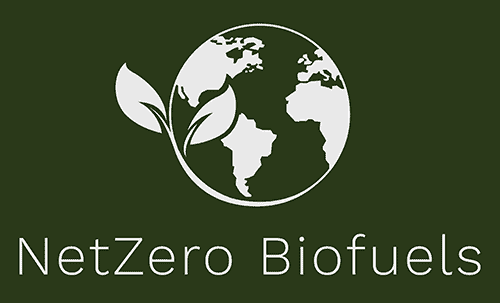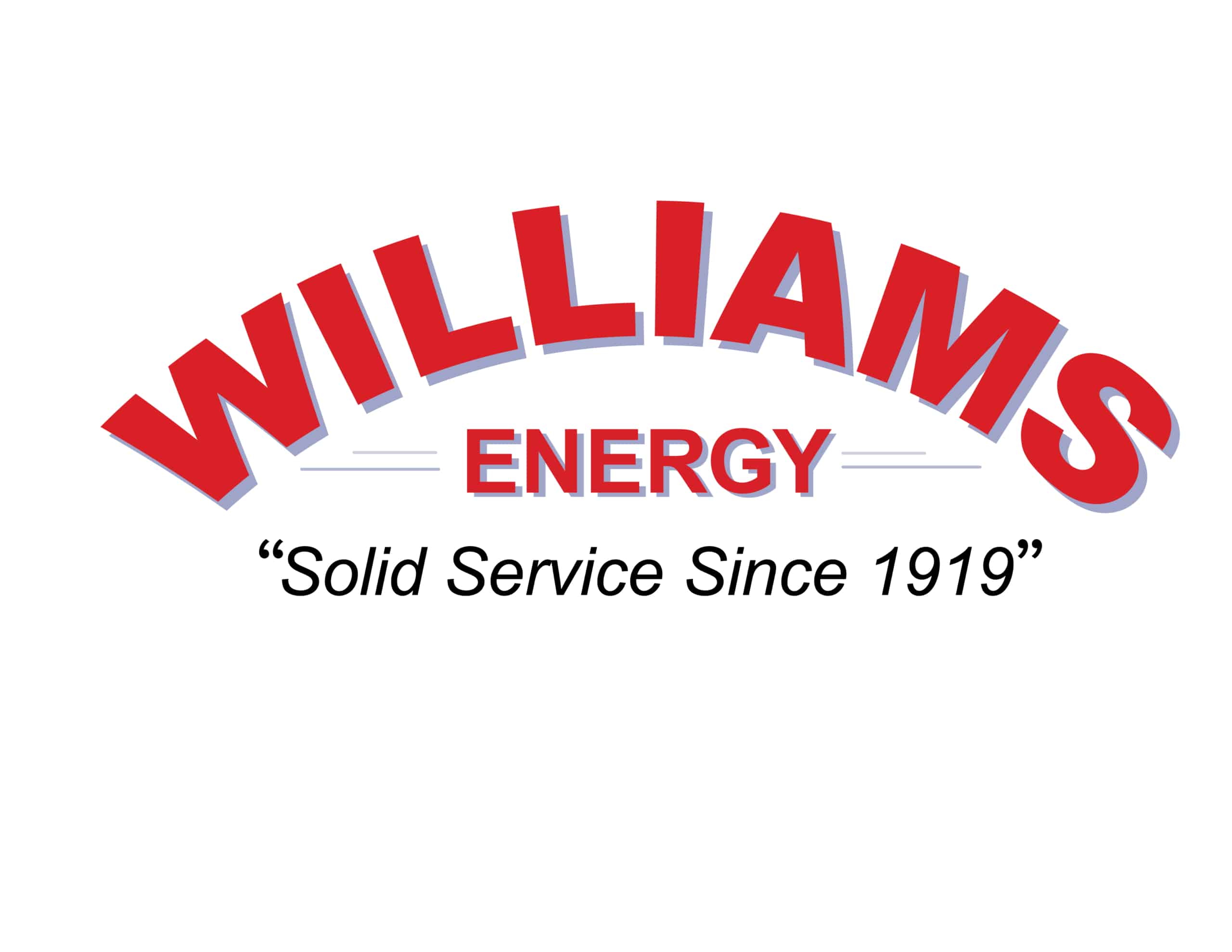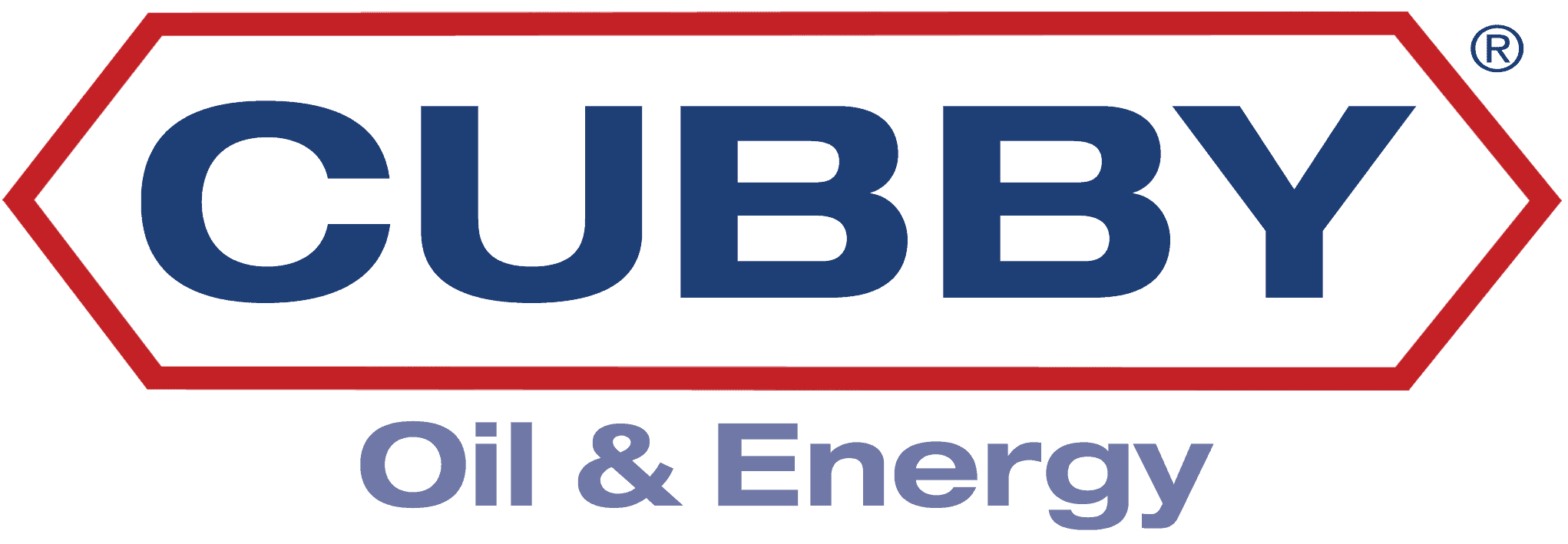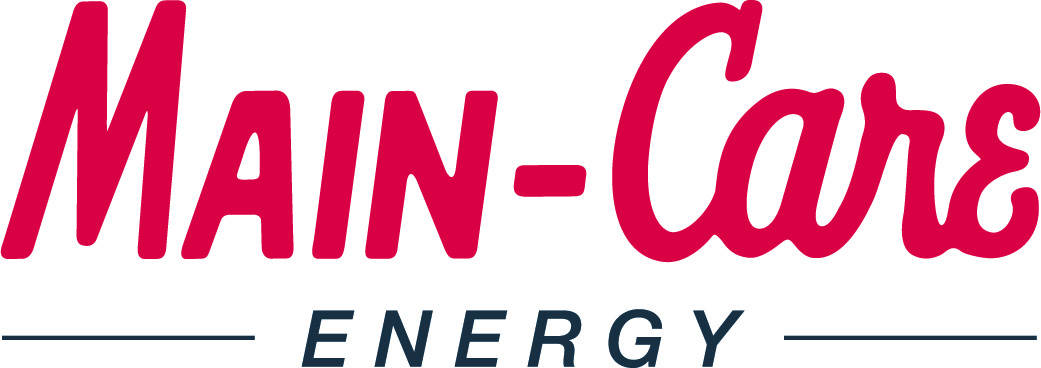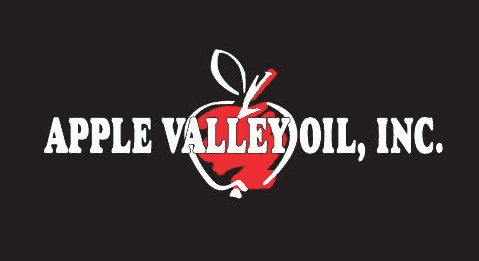Education and Advocacy
There are roughly five million liquid heating fuel customers across the Northeast alone. Our mission is to provide these homeowners, and consumers in general, with factual, evidence-based information regarding the concerning implications of policy-driven electrification. Further, we intend to organize, unify and empower the entire liquid heating fuel supply chain – from farmers and biodiesel producers to fuel distributors and consumers – with tools and resources that will enable them to quickly and easily let their elected officials know that there’s a more responsible, equitable path to net-zero home heating that will benefit the homeowners, small businesses, and communities they represent.
“Developing a totally renewable heating oil is attainable and following more research and development in the coming years, we will be within reach of a fully renewable fuel that’s readily available to homeowners and businesses who have relied on heating oil for decades.”
John Huber
President, National Oilheat Research Alliance
“Biodiesel and advanced biofuels must not be ignored by policy makers when developing their carbon and methane reduction plans for the future. Renewable biofuels may provide the most cost effective method to reduce carbon and can make other GHG reduction strategies more easy to obtain.”
Richard Sweetser
President, EXERGY Partners Corp.
Legislative Support
Legislative Support
“Biodiesel and advanced biofuels must not be ignored by policy makers when developing their carbon and methane reduction plans for the future. Renewable biofuels may provide the most cost effective method to reduce carbon and can make other GHG reduction strategies more easy to obtain.”Richard Sweetser
President, EXERGY Partners Corp.
Infrastructural Investment
Most if not all of the biodiesel supply and infrastructure is already in place to support a transition to B20 Bioheat® across the entire Northeastern market. Today, regional biodiesel producers can account for roughly 20 percent of the 800 million annual gallons needed to reach a B20 blend, while remaining supply falls within the three billion gallon capacity of North American producers.
“In 2019, North American production capacity was about 3 billion gallons, and only 1.7 billion gallons were actually produced,” said Kearney manager Yuri Kopylovski. “This means that with existing plant infrastructure, we have about a 73-percent increase in production that could be made without any additional capital investment or reliance on imports from outside North America.”
In other words, the liquid heating fuel industry is ahead of the game when it comes to building out the necessary infrastructure to support an immediate transition to higher Bioheat® blends. Short term investments to increase transportation capacity from the Midwest to the Northeast will need to be supplemented by longer term investments aimed at increasing local production, upgrading bulk terminal assets, and modifying residential heating equipment, if necessary, with the introduction of higher blends.
“The supply and infrastructure story overall is an optimistic one.”
Yuri Kopylovski
Manager, Kearney
“Local policymakers can increase the likelihood of commercializing emerging technologies by orienting the homegrown efforts and business innovations relevant to decarbonization. Specifically… renewable fuels are innovation areas that have tremendous regional potential.”
Energy and Environmental Economics, Inc. & The Energy Futures Initiative, Inc.
Continued Innovation
Continued Innovation
“Local policymakers can increase the likelihood of commercializing emerging technologies by orienting the homegrown efforts and business innovations relevant to decarbonization. Specifically… renewable fuels are innovation areas that have tremendous regional potential.”
Energy and Environmental Economics, Inc. & The Energy Futures Initiative, Inc.
“Renewable liquid heating fuel is an equitable alternative energy source. For those 4.9 million homeowners across the Northeast with heating oil systems in use today, renewable liquid heating fuel is a cheaper green heating fuel compared to other options.”
“Renewable liquid heating fuel is an equitable alternative energy source. For those 4.9 million homeowners across the Northeast with heating oil systems in use today, renewable liquid heating fuel is a cheaper green heating fuel compared to other options.”
































